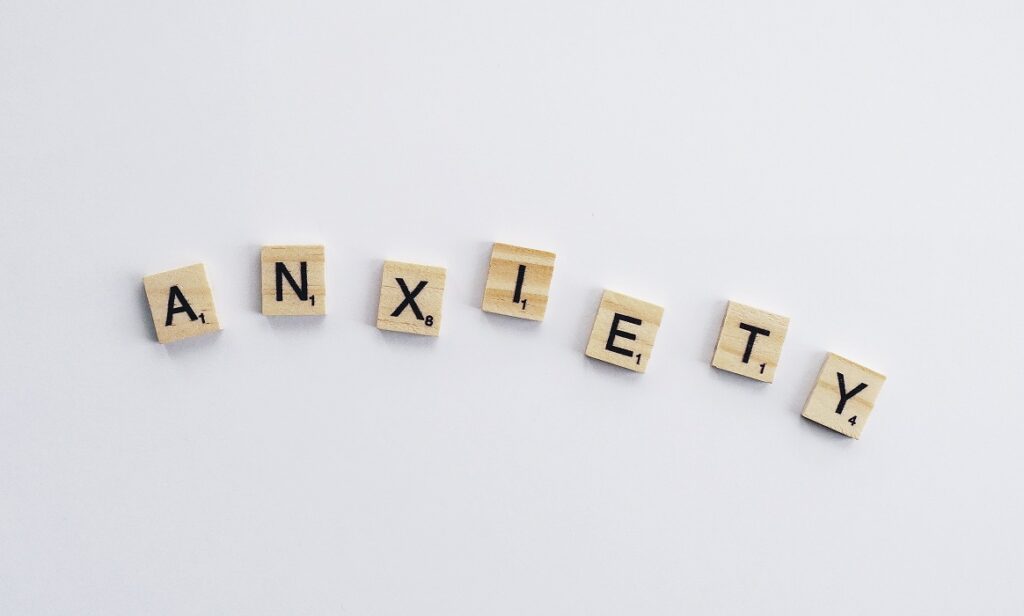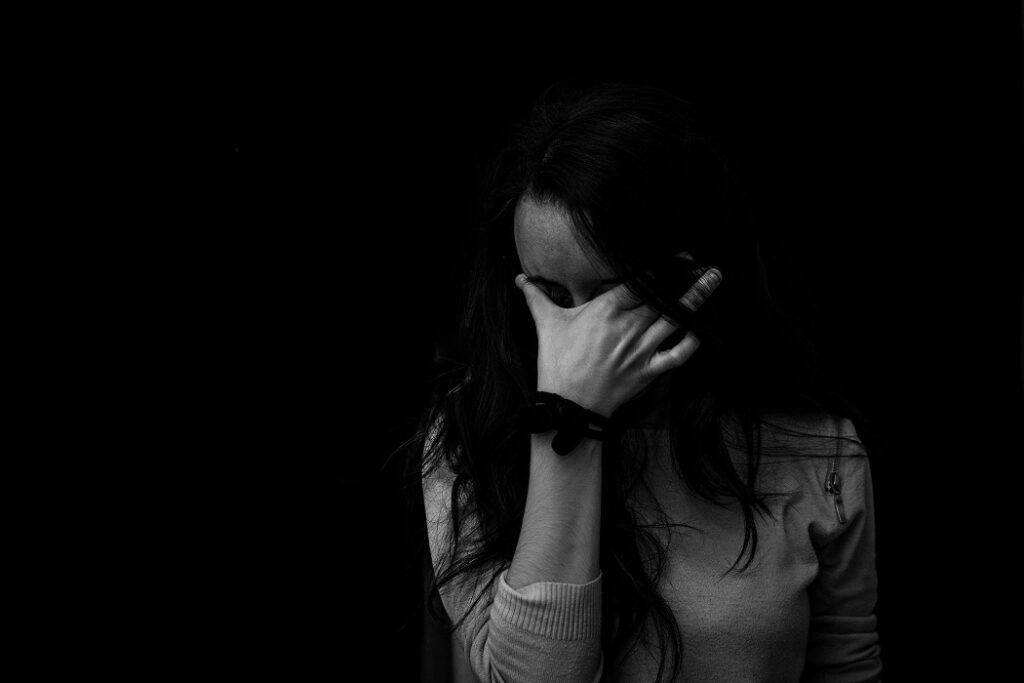what is Anxiety
Anxiety is defined as excessive fear that regulates the disturbance conducts. Fear means an emotional reaction or response to possible or actual danger in the view of the fact that anxiety is a prediction of future thread without having any existing cause. Fear and anxiety overlay but fear is more linked with a sudden rush of the autonomic system that activates a fight or flight response that involves thinking of existing danger and response with avoidance. Yet anxiety is more often related to muscle stiffness, cautious behavior, and attitude toward future threats. Most of the time avoidant behavior decreases the level of fear and anxiety but that is not the very best way to deal with it as it only works temporarily.

Now here the thing that needs to be noticed is that there is a normal worry and there is a pathological worry. There is worry and then there is anxiety. Sometimes we mixed anxiety with worry. But if we look closely worried is controllable and used in daily living but if that doesn’t stop here it shifted into anxiety.
Normal worry | Pathological worry |
1. Mild 2. Transient 3. Limited in scope 4. Experienced 5. Leads towards better outcomes | 6. More pervasive 7. Less controllable 8. High average time consumed in worrying 9. Lowers outcomes 10. Emotional dysregulation 11. More intense emotions |
When the chains of worrisome triggered it involves a bunch of questions that started with ‘‘what if’’ about one’s own self and others such as what if I don’t do best in my exam? What if I failed as a manager of the company?
Symptoms
It is a mental condition that can potentially interfere with one’s daily life retinue. Symptoms involve such aspects.
- behavioral responses, such as avoidance and reassurance seeking,
- Thought control strategies, such as suppression and distraction.
- Emotional symptoms such as excessive worry, tension, dissociation, and even panic attacks.
- Physical changings involving an increase in heart rate, rapid breathing, sweating, shivering, etc.

Risk Factors
- Specific personality trait holders such as introversion, being reserved, self-consciousness, nervousness, and insecurity can have anxiety.
- Genetics plays a huge role for example if being anxious runs in family there is a very high probability of disorder.
- Environmental factors increase the chances too as in family behavior, peers, and surrounding impact.
- Abusive, distressing, or upsetting experiences in childhood or early adulthood.
- Sometimes having some physical conditions such as thyroid problems or any other impactful deficiency results in anxiety.
